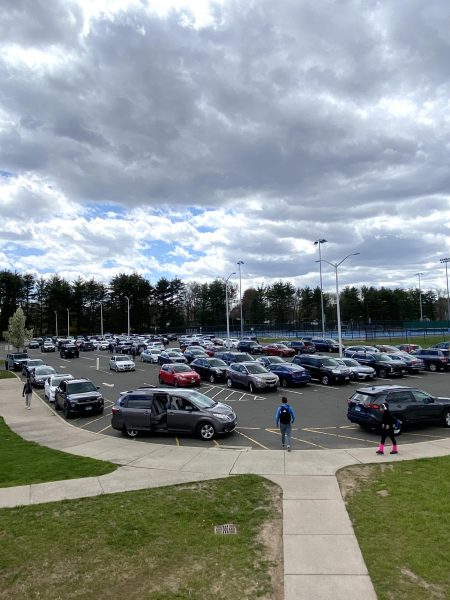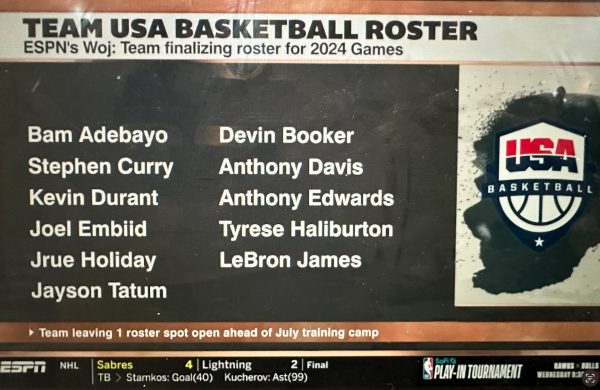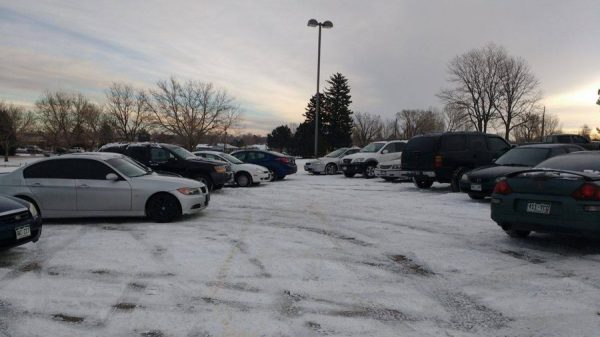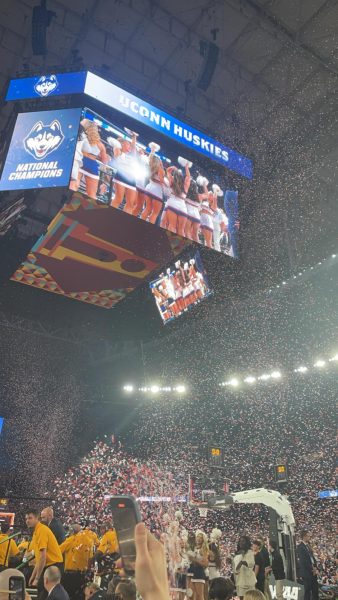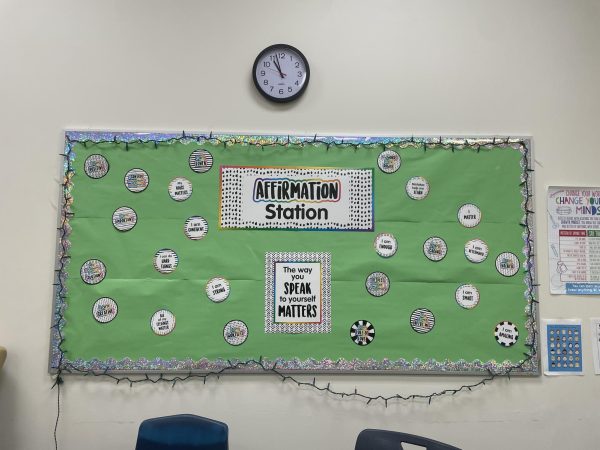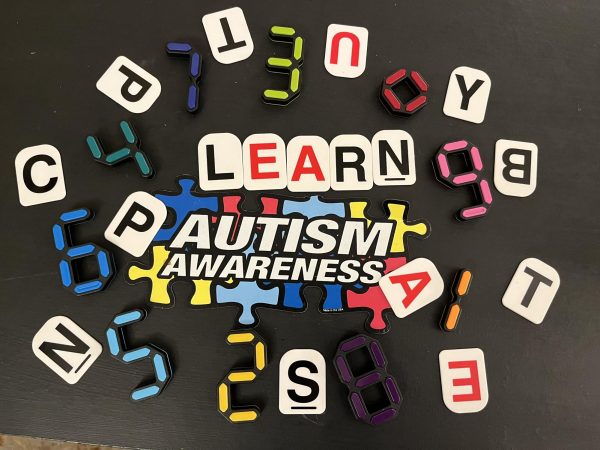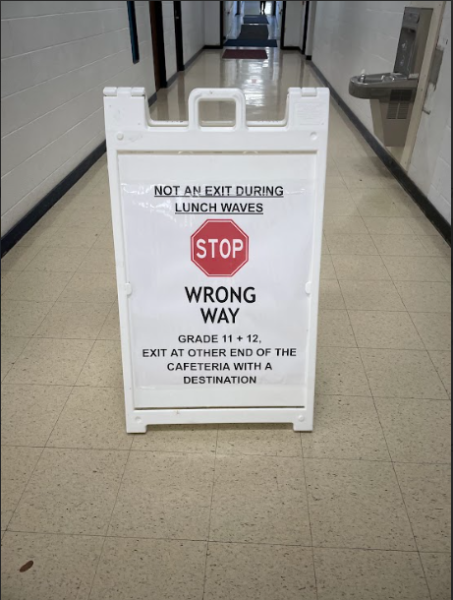COVID-19 Booster Shots: What to Know
COVID-19 booster shots became available in September for many Americans, starting at age 65 and up, and have continued to expand their availability to all adults. Pharmacies throughout the country that distribute the regular vaccine also distribute booster shots, which support immunity within those who received their vaccine over six months ago.
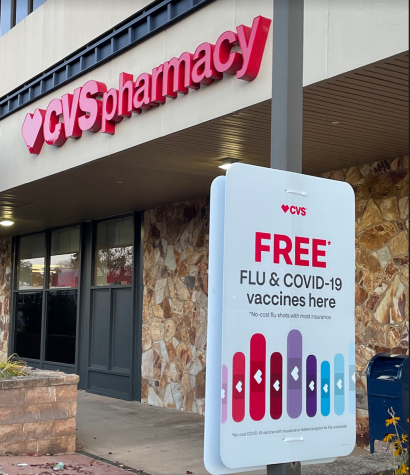
These booster shots are made with an identical formula as the original COVID-19 vaccine shots. The only exception is with the Moderna booster shot, since this is only half the dose of the original shot. The Centers for Disease Control and Prevention (CDC) most recently stated that those who have received any vaccine that are 18 years and older should receive their booster shot. One month ago, the CDC had said only people “ages 18 years and older who received a J&J/Janssen COVID-19 vaccine at least 2 months ago should get a booster shot, for a total of two shots.” Special treatment was necessary for these individuals, because “a single dose of the J&J/Janssen COVID-19 vaccine has lower vaccine effectiveness compared to two doses.” The J&J/Janssen has been proven to have a lower effectiveness over time compared to both other vaccines. Scott Ferguson, an English teacher at Hall High School, received his booster shot after getting his first J&J/Janssen shot over 6 months ago. When asked about why he chose to get the booster, he said, “I read that the J&J shot was reduced in effectiveness and that was kind of nerve-racking, so I was eager to get the booster.”
The release of the booster shots began being distributed only two months ago, and the FDA has already granted rights to the booster for many more age groups than they did when the initial vaccine became available. First those 50 and older, now, according to the CDC, all adults. Laura Ginley from The Washington Post says that the reason health officials keep pushing for a lower age of eligibility is because “some middle-aged people are becoming ill with COVID-19 despite being fully vaccinated.” This event is because the effects of the initial dose/doses of vaccines naturally wane over time. Lisa Maragakis, M.D., M.P.H, and Gabor David Kelen, M.D., from John Hopkins Medicine says the booster shot will combat this because it is “designed to help people maintain their level of immunity for longer.”
The CDC reported that reactions from the booster shot tend to be similar from those of the 2-shot or single-shot vaccine. Ferguson recalled having few symptoms from the booster shot which were, “basically the same as my first shot.” This completely differs from person to person. Common side effects include, fever, headache, and fatigue. Whether you have symptoms or not, Maragakis and Kelen from John Hopkins Medicine say “These symptoms do not mean you are sick.” Instead, they are a signal that your immune system is responding to what was just put in your body. In other words, your immune system is building up protection against the coronavirus.
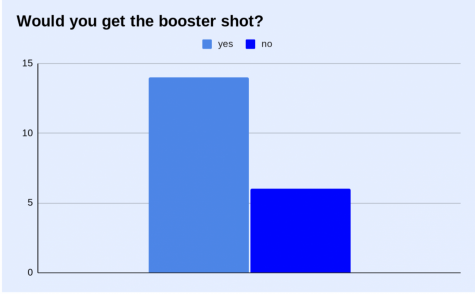
A graph is shown with responses from students at Hall High School in a survey asking if they would receive the booster shot if they were eligible right now. It seems as if 70% reported they would get it, which leaves 30% of students opting out. Being a large political and cultural issue in society, debate is inevitable, but reasons for not getting a booster shot go beyond personal beliefs. For example, classmate Marley Noll answered “No” to the poll, and explained that his reasoning was solely his fear of needles. The other 70% of students will have to wait a little while longer to receive those boosters as not all are eligible yet, but more people are becoming eligible each day. The CDC is constantly up to date on requirements regarding the booster, so it would be helpful to look at their website for the most recent information on eligibility

